T4K3.news
Sudan refugee Mohanad seeks asylum in the UK
A Darfur migrant’s journey from Libya to Britain exposes the human cost of current migration policies and the need for safer routes.
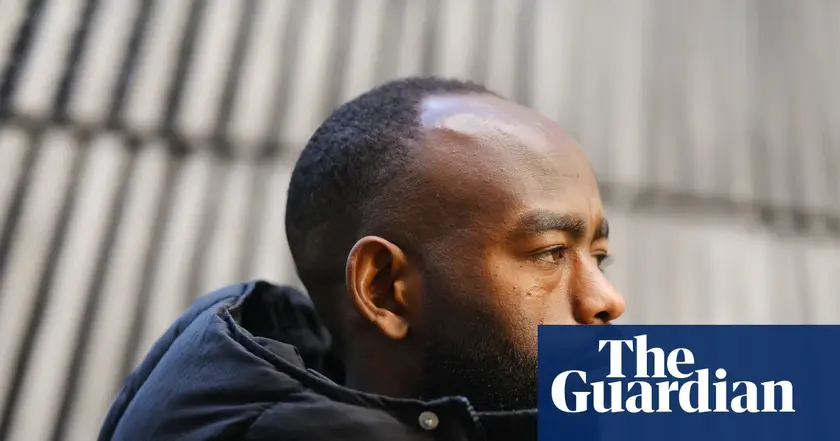
A Sudanese medical student flees violence, endures kidnapping in Libya, crosses the Mediterranean, and seeks asylum in the UK, exposing gaps in migration policy and aid.
Sudan refugee Mohanad finds asylum path shaped by peril and hope
Mohanad, a medical student from Darfur, fled Sudan at nineteen after arrests and threats linked to ethnic violence. He hid among vegetables in a truck to reach Libya, where he was repeatedly kidnapped and forced to work on building sites for months while his status as a migrant left him vulnerable to abuse.
After years of detention, smuggling, and failed asylum efforts, he reached Europe by boat. A rescue by MSF on the Geo Barents brought relief and medical care, and he was taken to Bari for processing. The voyage underscored the precarious line many migrants walk between life and death as they seek safety far from home.
In the UK, Mohanad applied for asylum. He spent 15 months in accommodation in Yorkshire, facing uncertainty and PTSD but later found purpose in volunteering with the Refugee Council. He has since pursued studies in medicine again and hopes to work while continuing his education, all while worrying about family left behind and the evolving political climate that could affect his status.
Key Takeaways
"I cried, I’m not going back to Libya."
Mohanad describes the emotional turning point after reaching Europe
"We were just victims of their business, they don’t even call you people."
Mohanad on smugglers and exploitation
"You have to leave in secret, you have to choose an illegal route."
Description of leaving Sudan
"If I spend my whole life here, I will remain a refugee, a second class or even third class citizen."
Mohanad on long term rights and status
The story highlights the human toll behind headlines about migration. It shows how conflict in Sudan pushes people toward ever more dangerous paths, and how smugglers profit from fear. It also exposes gaps in regional protection: safe, legal routes remain scarce, and rescue at sea often becomes a turning point that shifts risk from one frontier to another. NGOs like MSF play a lifeline, yet the broader system still struggles to offer predictable, humane outcomes for people like Mohanad.
Policy makers face a core question: how to secure borders without turning asylum seekers into political pawns. Mohanad’s case suggests a need for clearer pathways to safety, better funding for reception countries, and sustained support for trauma and language needs. Without real reform, thousands more will endure similar cycles of peril, detention, and protracted uncertainty.
Highlights
- We were just victims of their business, they don’t even call you people.
- I cried, I’m not going back to Libya.
- If I spend my whole life here I will remain a refugee.
- Safe routes are the true test of humanity.
Migration policy ahead is politically sensitive
The piece engages with political and budgetary implications of asylum rules and border control in multiple countries, risking backlash and public controversy.
Stories like Mohanad’s remind us that policy is not just numbers but human lives in reach.
Enjoyed this? Let your friends know!
Related News
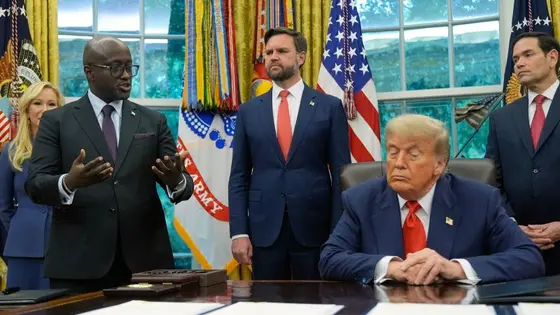
Rwanda to take in 250 US deported migrants
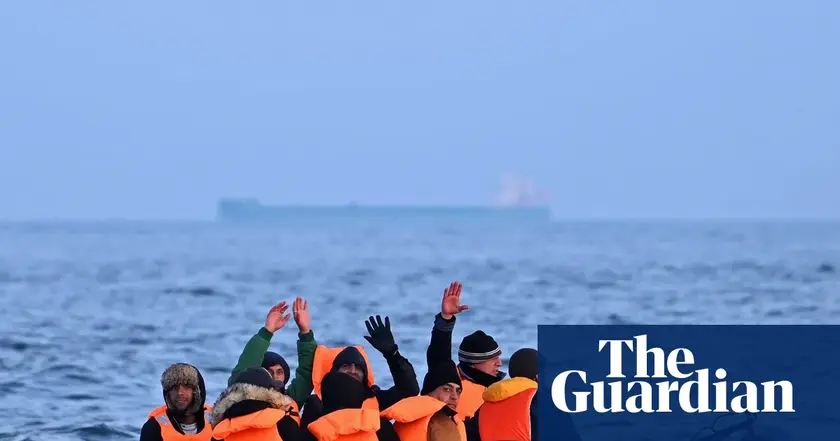
Starmer's sanctions plan announced
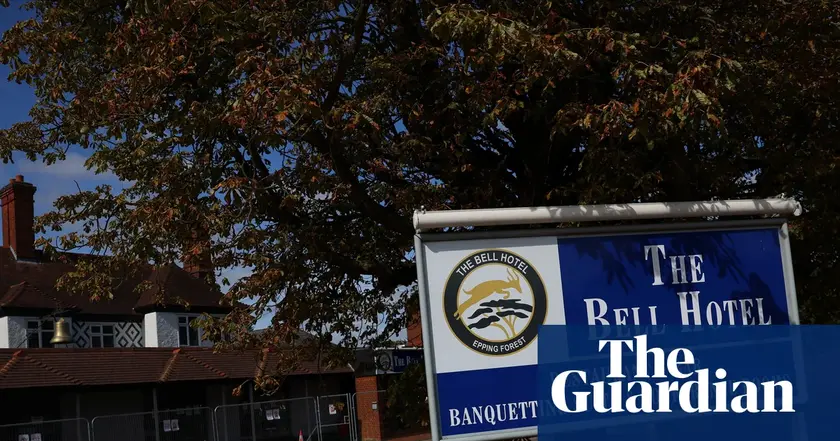
Labour councils map legal routes to end asylum hotels
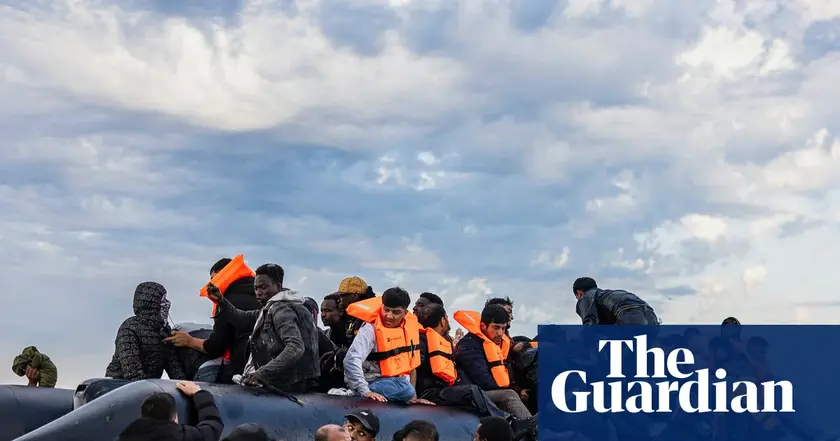
Crossings rise despite crackdown pledge
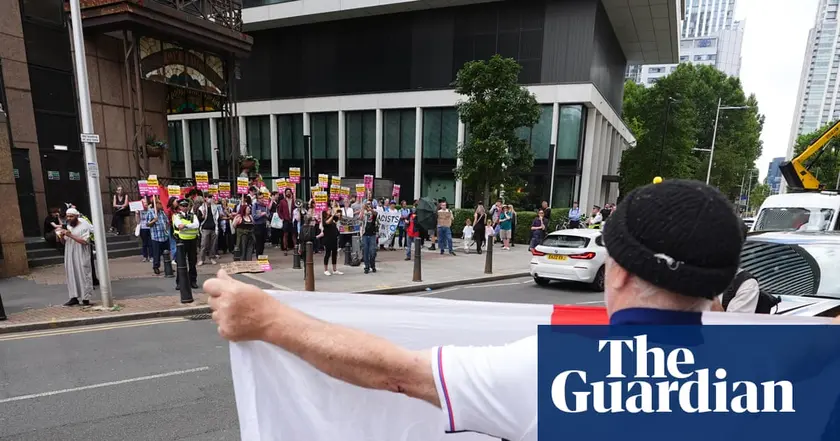
Home Office penalizing asylum seekers refusing relocation
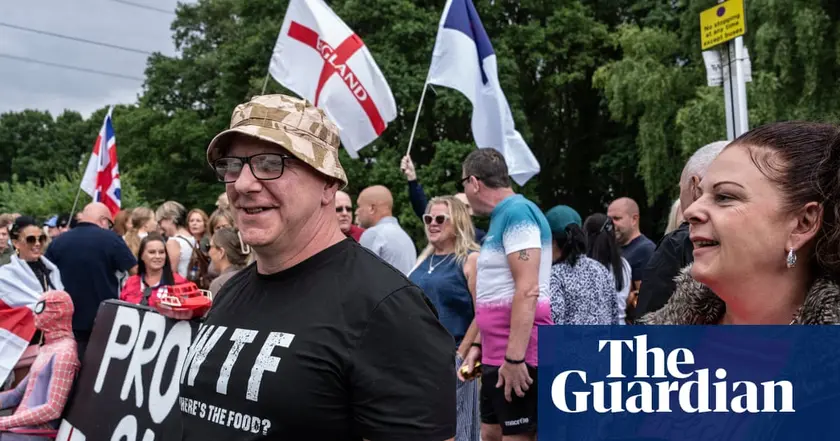
Hundreds demonstrate against asylum seekers in Essex hotel
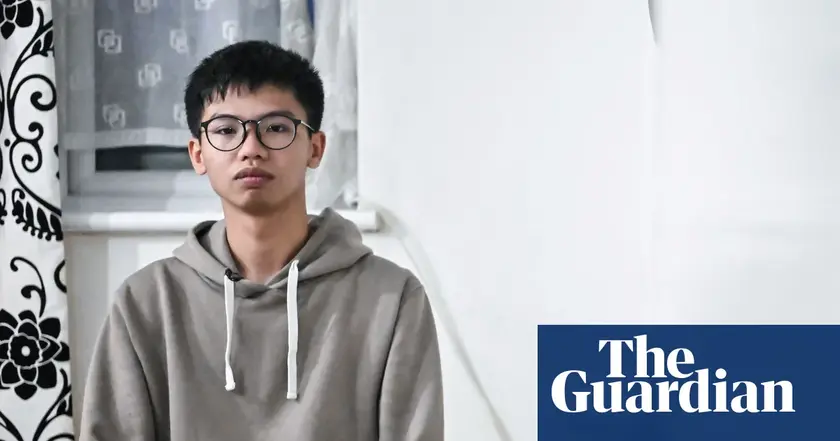
UK grants asylum to Hong Kong activist Tony Chung
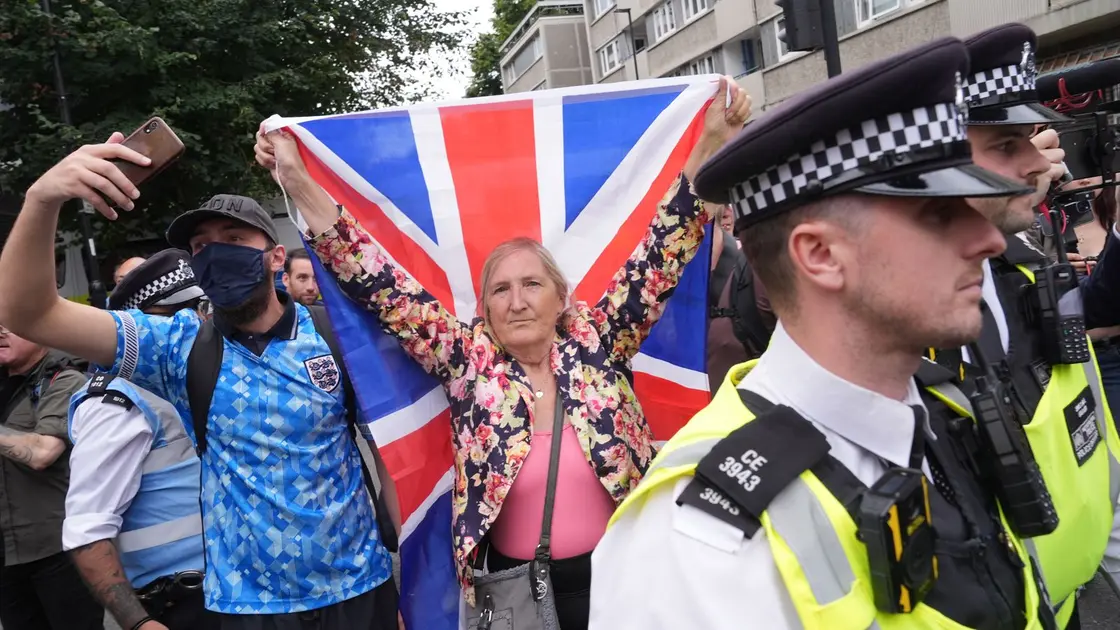
Clashes in London over asylum seeker accommodation
